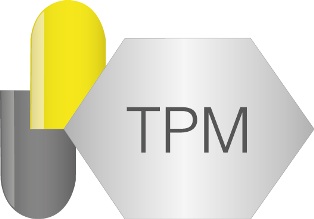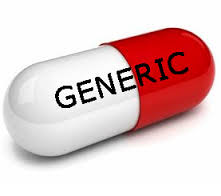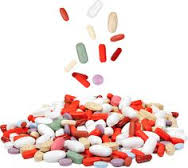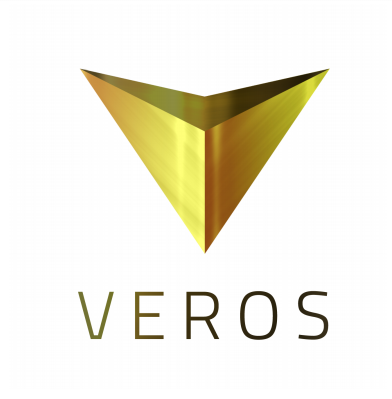|
Soon we publish here an additional selection of
speciality products used by the Orang Asli * – the original native
Malayan people living nowa cal science. Despite of the Orang Asli’s
isolated existence distanced from any days still only of natural
products.
We found a way to access their knowledge and secrets about nature’s
wonders still hidden from the modern pharmaceutical-chemical science of
our modern society – in which we call our own children today
“digital natives” because even on sunny Saturdays they happily enjoy
their online being at all time having their smartphones along
wherever they go whatever they do – the unveiling of their medical
secrets drove us to subsequent action:
 |
|
we are excited to
announce that soon we will be able to offer truly allopathic / homoeopathic products addressing
|
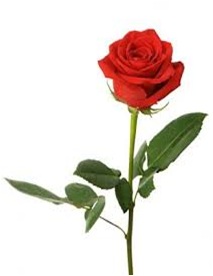 |
 |
men’s health products |
|
 |
women’s health products |
|
 |
pain-healing products |
|
 |
just coffee – but truly
wakens you up:
have a coffee before you leave office and enjoy
your family
|
* Orang Asli is a collective term (which means
original or first peoples in Malay) for some 18 ethnic groups of less
than 150,000 in total who are widely regarded as comprising peninsular
Malaysia's original inhabitants …in the sense that they pre-date the
arrival of Malays. Nowadays as before they live in the vast forest areas
of Malaysia.
For more information visit
https://en.wikipedia.org/wiki/Orang_Asli
What is the difference between Allopathy, Homeopathy and Ayurvedic
medicens ?
http://www.sciforums.com/threads/what-is-the-difference-between-allopathy-homeopathy-and-ayurvedic-medicens.77292/
Allopathy
Some medical dictionaries define the term Allopathy or Allopathic
medicine as the treatment of disease using conventional evidence-based
medical therapies, as opposed to the use of alternative medical or
non-conventional therapies.
The term allopathic, an adjective, is used in
medicine to distinguish one form of medical practice, medical tradition,
or medical profession from another. The term was coined by the founder
of homeopathic medicine, and was used through the 19th Century as a
derogatory term for the practitioners of orthodox medicine.The meaning
and controversy surrounding the term can be traced to its original
usage during a heated 19th-century debate between practitioners
of homeopathy, and those they derisively referred to as "allopaths."
Homeopathy
Homeopathy was created by Samuel Hahnemann in the late 18th
century.The therapeutic applications of the remedies used in homeopathy
are recorded in homeopathic materia medica, and practitioners select
treatments according to a patient consultation that explores both the
physical and psychological state of the patient.
Homeopathy (also homœopathy or homoeopathy; from the Greek ὅμοιος,
hómoios, "similar" + πάθος, páthos, "suffering" or "disease") is a
popular alternative medicine that is controversial because of its
lack of scientific plausibility and confirmation. Homeopaths contend
that remedies for diseases can be created by taking substances which
cause symptoms similar to that disease and repeatedly diluting and
shaking them hard between each dilution. According to homeopaths the
'therapeutic powers' of the substance are retained by the diluent
(water, sugar, or alcohol), but that the dilution removes any toxic
effects. The end product is so diluted that it is indistinguishable from
pure water, sugar or alcohol by laboratory tests but is still claimed to
have an effect on consumers. Standard science labels this a placebo
effect.
Ayurveda
Ayurveda (Devanagari:
आयुर्वेद) or Ayurvedic medicine is an
ancient system of health care that is native to the Indian subcontinent.
It is presently in daily use by millions of people in India, Nepal, and
Sri Lanka, and it was a major influence on the development of Unani,
Chinese and Tibetan Medicine[citation needed]. The word "Ayurveda" is a
tatpurusha compound of the word āyus meaning "life", "life principle",
or "long life" and the word veda, which refers to a system of
"knowledge". Thus "Ayurveda" roughly translates as the "knowledge of
life", or "knowledge of a long life". According to Charaka Samhita,
"life" itself is defined as the "combination of the body, sense organs,
mind and soul, the factor responsible for preventing decay and death,
which sustains the body over time, and guides the processes of rebirth"
[1][2] According to this perspective, Ayurveda is concerned with
measures to protect "ayus", which includes healthy living along with
therapeutic measures that relate to physical, mental, social and
spiritual harmony. Ayurveda is also one among the few traditional
systems of medicine to contain a sophisticated system of surgery (which
is referred to as "salya-chikitsa").
|
